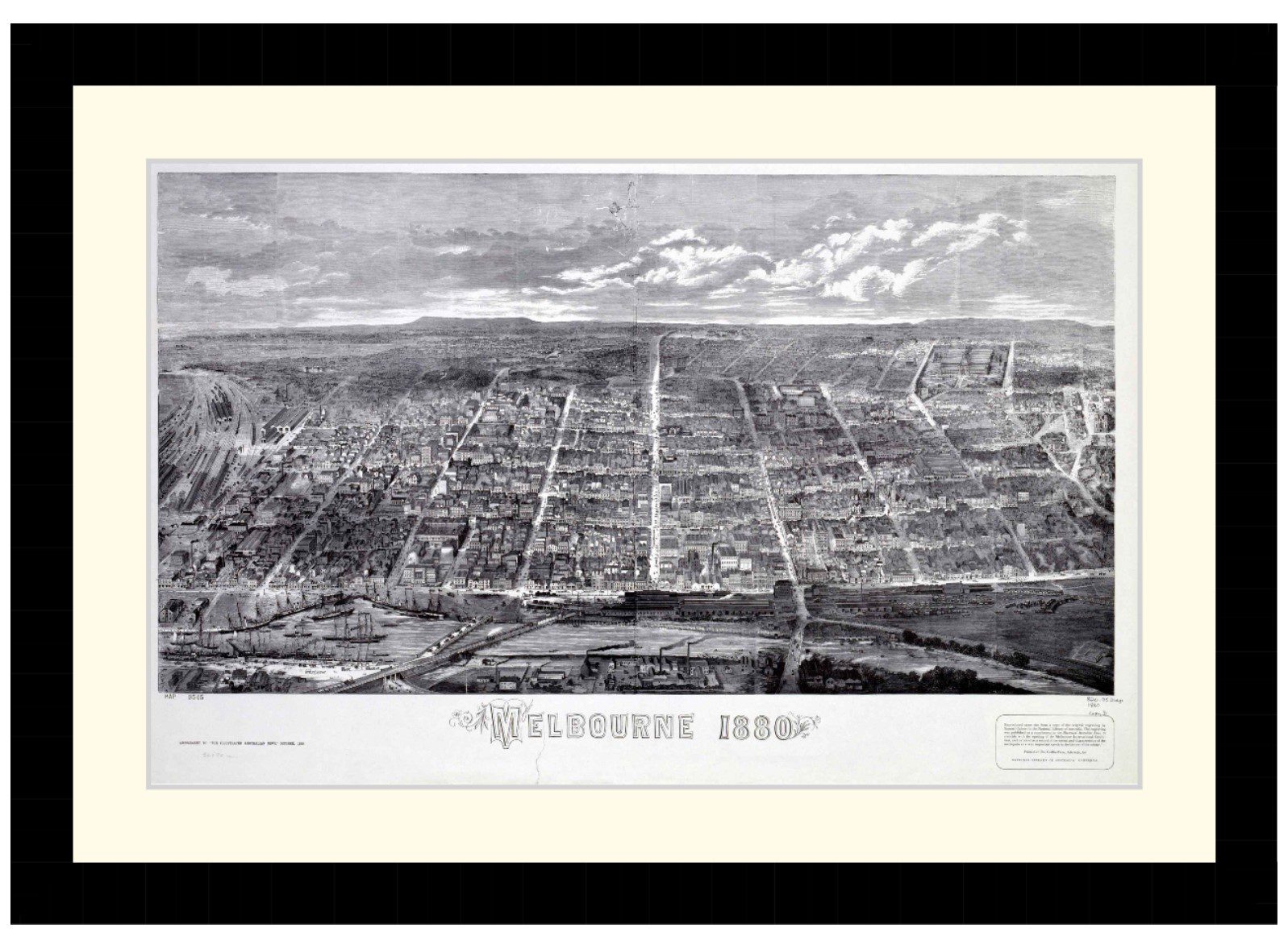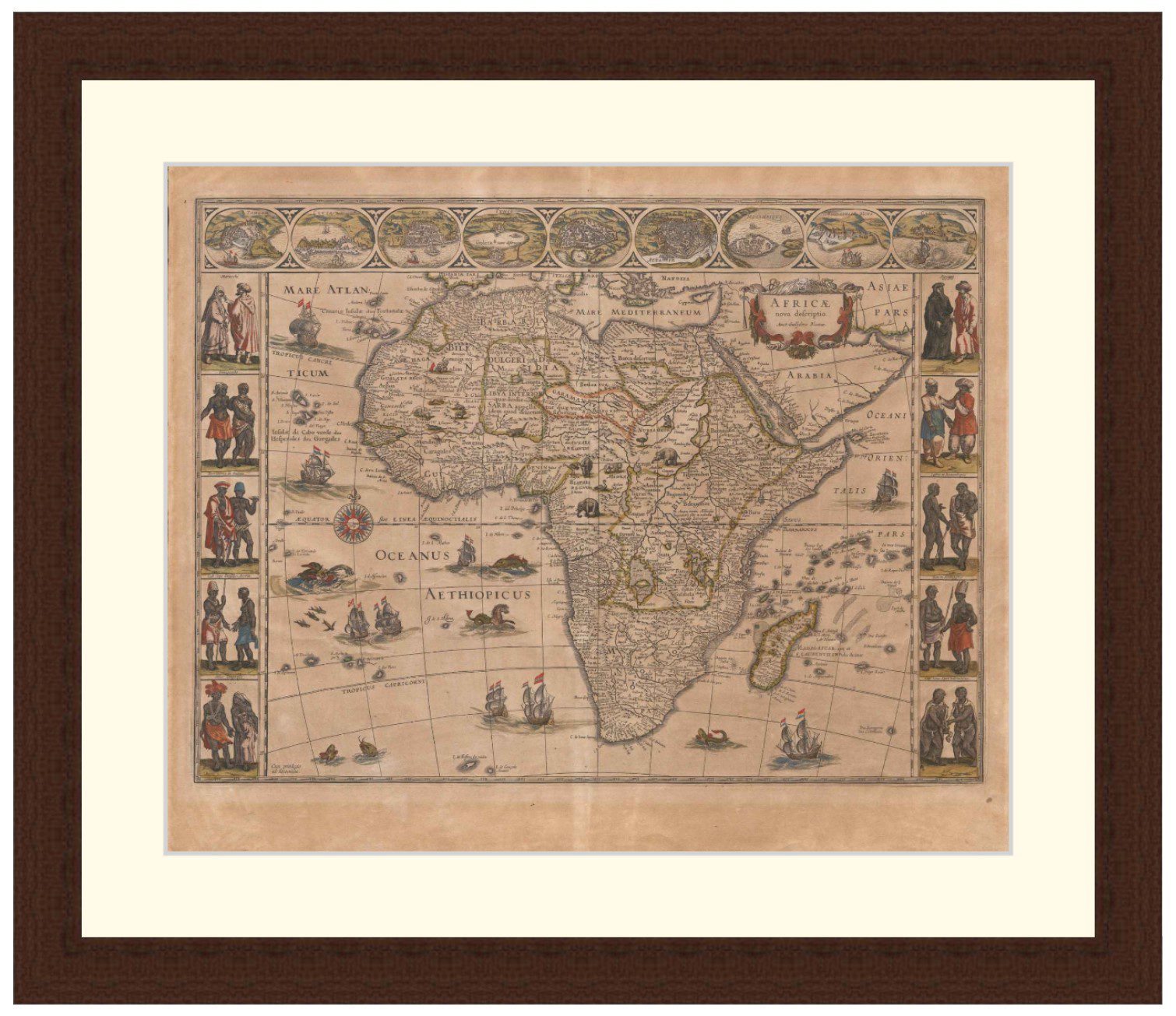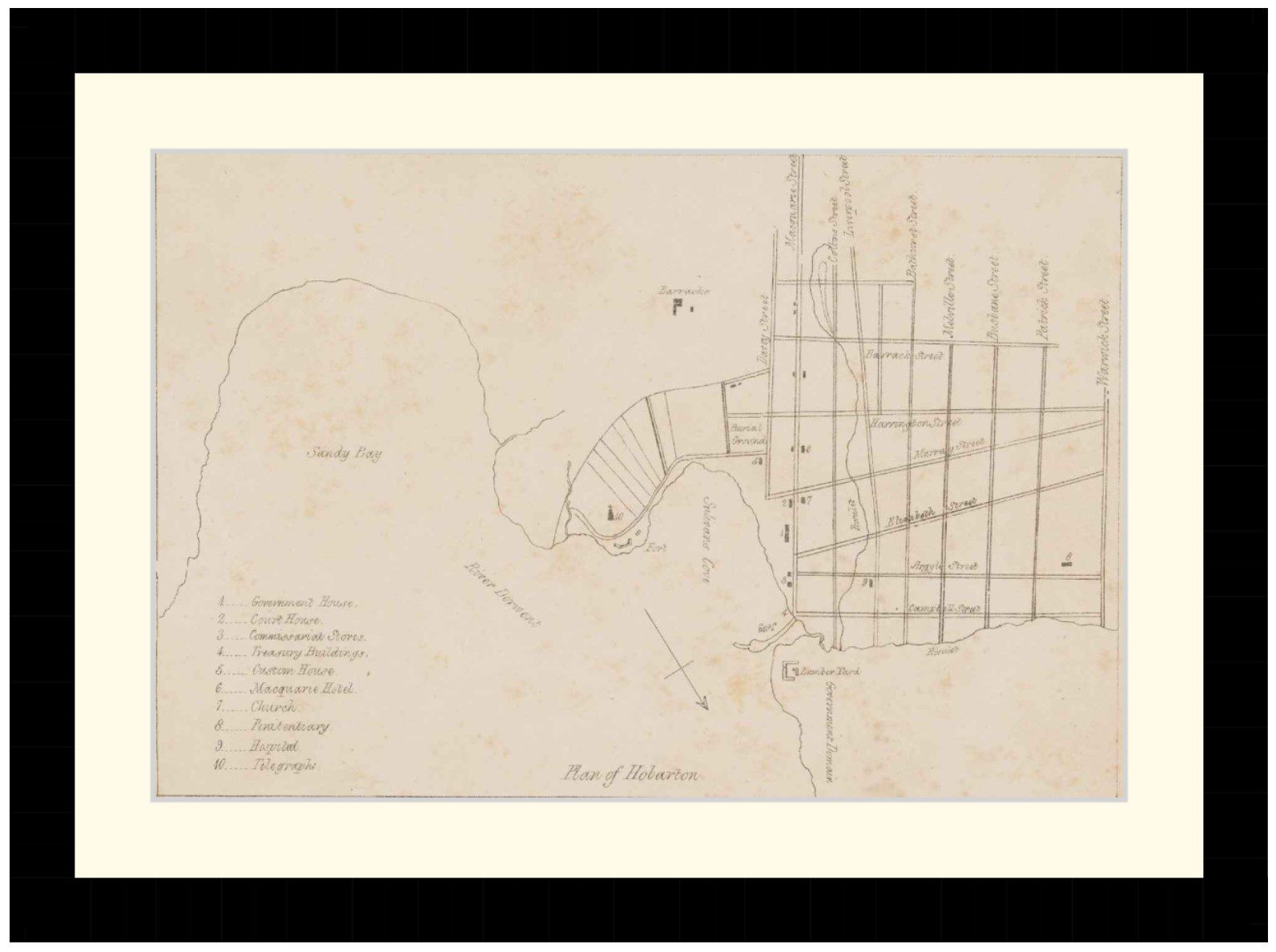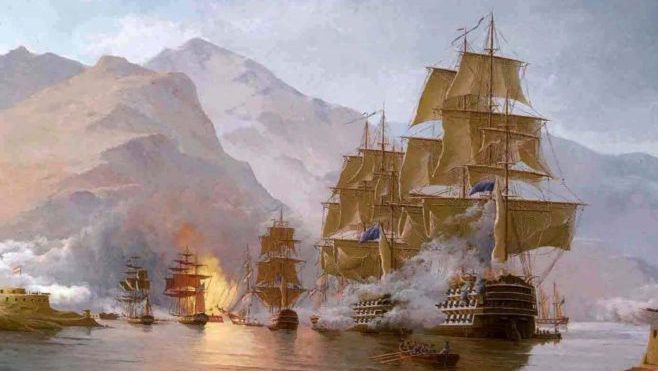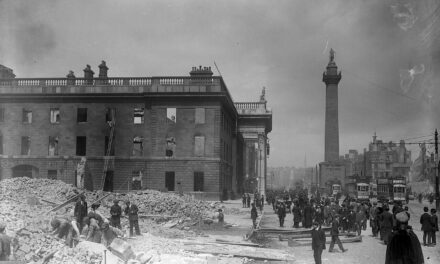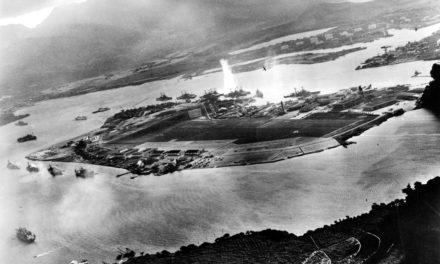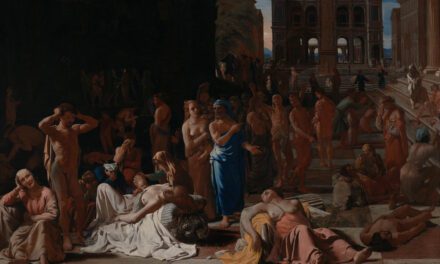History Guild General History Quiz 150
See how your history knowledge stacks up!
Want to know more about any of the questions? Scroll down to learn more!
Have an idea for a question? Suggest it here and we’ll include it in a future quiz!
The stories behind the questions
1. Which country was previously known as the New Hebrides?
Vanuatu – The New Hebrides was a very unusual colonial territory. Sovereignty was shared by Britain and France, which resulted in massive duplication and confusion. There were two separate legal systems. People could choose whether to be tried under English law or French law. Visitors could choose which immigration rules to enter under.
2. In which country did the ‘Gang of Four’ wield political power?
China – Four senior members of the Chinese Communist Party, they were Jiang Qing (Mao Zedong’s last wife), Zhang Chunqiao, Yao Wenyuan, and Wang Hongwen. They rose to prominence under Mao Zedong during the Cultural Revolution.
3. At the end of WW2 which of these countries was divided into zones of occupation by the victorious Allies?
Germany – The Allies divided Germany into four zones of occupation, administered by the USSR, USA, Britain and France respectively. This division became an early flashpoint of the cold war.
Japan was jointly occupied by the USA and British Commonwealth. Japanese occupied Korea was divided into two zones of occupation, USSR in the north and USA in the south. Vietnam reverted to French colonial control until the French were defeated in 1954, which led to the division of North and South Vietnam.
4. When was the Organization of the Petroleum Exporting Countries (OPEC) formed?
1960 – Founding members were Iran, Iraq, Kuwait, Saudi Arabia, and Venezuela. They group has grown to now include 13 member states, which collectively control 82% of the world’s oil reserves. It was formed to allow the member states to collude to set oil production targets and control oil prices. While it has been partially successful in this goal, many member states regularly exceed their production targets, limiting the effectiveness of the cartel.
5. Where was the outlaw Billy the Kid killed?
New Mexico, USA – Born Henry McCarty, also known by the pseudonym William H. Bonney. After committing robberies and a murder he joined an outlaw group and took part in the Lincoln County War of 1878. In 1880 he was captured by Sheriff Pat Garrett, tried and convicted for murder. He escaped from prison, killing two sheriff’s deputies in the process. He evaded capture for two months before Sheriff Pat Garrett found, shot and killed him.
6. At its peak, how many spectators could Rome’s Circus Maximus accommodate?
150,000 – Built to hold chariot races, it was the largest stadium in ancient Rome and the Roman Empire. Pliny the Elder claimed it could accommodate 250,000 spectators, modern historians believe the number to be closer to 150,000. Built by Julius Caesar in 50 BCE to stage chariot races, it was expanded under later emperors and operated until 549 CE.
7. Who said “Remember, gentlemen, it’s not just France we are fighting for, it’s Champagne!”?
Winston Churchill – Said in 1918 when he was Minister of Munitions.
8. Which period saw widespread adoption of the scientific method in Europe?
Age of Enlightenment (1650-1815) – Read more about the Age of Enlightenment.
9. After completing his studies as a lawyer, where did Mahatma Gandhi spend the first 21 years of his career?
South Africa – Gandhi spent 21 years in South Africa, where he developed his political views, ethics, and political leadership skills. He was a prominent leader of the Indian nationalist movement in South Africa and a vocal opponent of basic discrimination and abusive labor treatment as well as oppressive police control. During these protests, Gandhi perfected the concept of satyagraha (“insistence on truth”) that he would later implement in India.
10. When was the first crossing of the English Channel by air?
1785 – Frenchman Jean Pierre François Blanchard and American John Jeffries completed a crossing from Dover to Calais. The flight took 2.5 hours.


